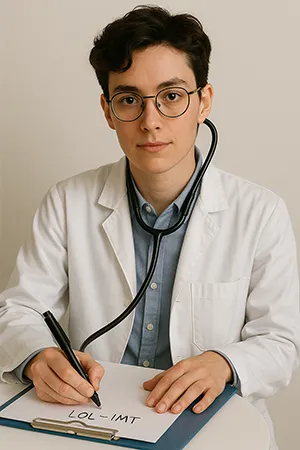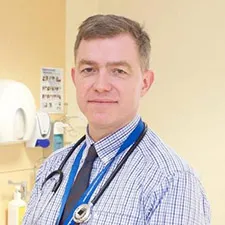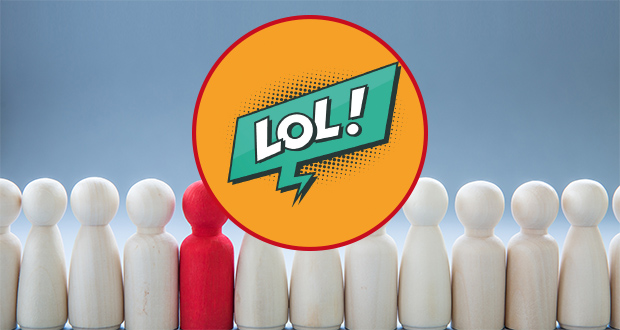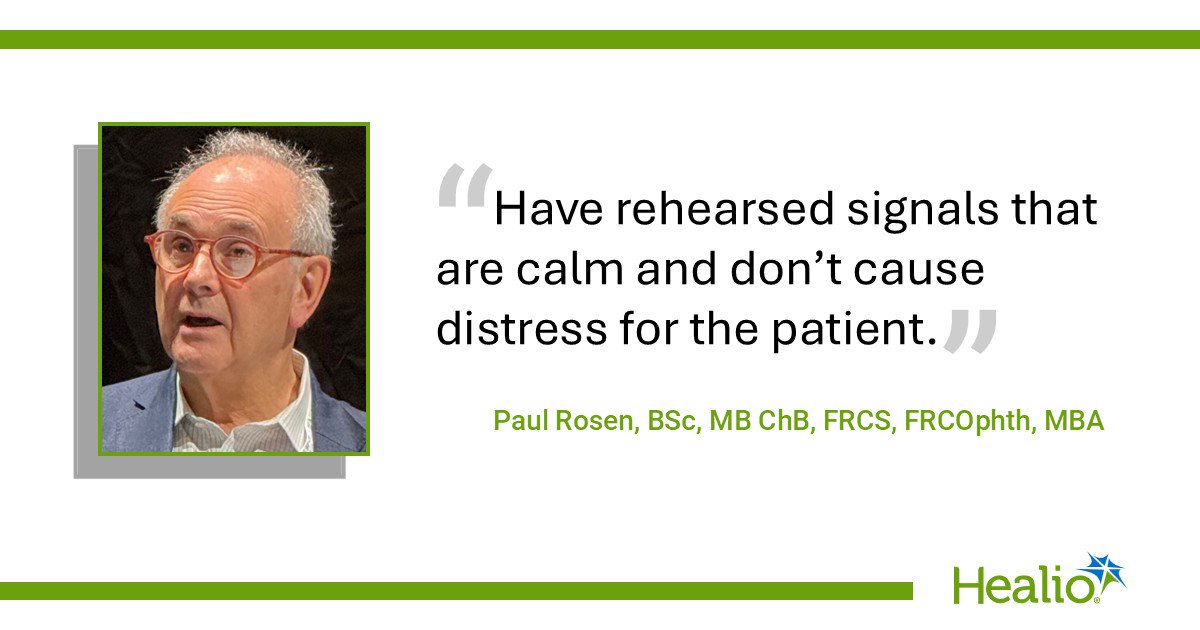Welcome to this week’s issue of The Week in Medicine – a round-up of all the happenings in the world of Irish medicine
Your correspondent is reading Dead as Doornails, the rather apt title of Anthony Cronin’s account of the writers and drinkers that founded the institution that now is Bloomsday. Every June 16 – especially in Dublin – people are apt to don straw hats and Georgian attire to celebrate the great Irish novel that is Ulysses, written by a man who hated the place, but never wrote about anything else.
Cronin’s book is all about Behan, Kavanagh, Myles na Gopaleen and the hard-drinking writers that became their own stereotype. The day starts with a trip with Tom Joyce (a relative of the great writer) to the Martello Tower in Sandycove and then on to Davy Byrne’s pub on Duke street, but sadly, due to the amount of alcohol consumed, the group did not make the ‘up to Monto’ or the ‘Nighttown’ district from the book. The attempt to remember the great writer became an annual and more respectable tradition in time.

Dr Leslie O’Looney
But what struck me most about his account of Dublin in the 1950s was the poverty and the toleration of alcoholism as a norm. He talks about Kavanagh – someone whom he admired for the most part – who was so addicted to whiskey that he kept a naggin or ‘Baby Power’ under his pillow, so that he could top himself up in the night.
He wrote about how he had so perfected the technique, he could do it without opening his eyes ‘ like a baby’, and returning the precious bottle back to its resting place without spilling s drop.
Behan – on the other hand – is the tragic showman, deteriorating and declining for all to see, angrily fighting against, and simultaneously striving toward, the dying of the light.
At one stage in the book a painter, Robert Colquhoun, is speaking to Cronin in London about Behan. “Was your grandfather an Irish seaman? And in Ireland, is there anything wrong about going to sea?”
“Not as far as I know, “ Cronin replied, “Personally, I think it would have been a very romantic avocation for him to have had. But why do you ask?”
Colquhoun replied that he had met Behan and he had ‘filled them with drink’ and disparaged Cronin from a height for his poems, his prose and character but the main accusation was that “Cronin’s grandfather was an Irish seaman”.
Between the drink and the Dublin accent Brendan was again misunderstood. He was talking about an R.I.C. man.
***************
At Trinity College Dublin’s traditional Stethoscope Ceremony last Friday, Professor Colin Doherty, head of the School of Medicine, warned that conspiracy theories and disinformation are eroding public trust in medicine, creating a crisis that threatens both patients and doctors.

Prof Colin Doherty
Speaking to 500 third-year medical students and their families, Prof Doherty said the greatest challenge facing today’s doctors is ‘the slow degradation of the inherited trust that doctors have long been conferred with’. Saying that trust has always guided medical professionals through difficult clinical and moral decisions, it was now, he said, under severe attack from external forces.
Highlighting the spread of misinformation, particularly in the United States, Prof Doherty pointed to false claims that vaccines contain microchips, cause autism, or killed thousands during the Covid-19 pandemic. “These lies are now at the heart of public health debates,” he said. “Systematic disinformation in public health is the canary in the coal mine. This is what fascism looks like in our era.”
A consultant neurologist at St James’s Hospital, Prof Doherty urged students to recognise their role in resisting misinformation. “You are now on the front line. You are the resistance. At stake is the trust that is conferred upon you. Without it, life as a doctor is impossible.”
Acknowledging the personal challenges of medical training — from long hours and exams to struggles with relationships or mental health — he reassured students that most doctors find fulfilment and pride in their careers.
He closed by urging graduates to seek out both resilience and compassion. Doctors, he said, will often be present at moments of sudden grief, and in those moments, the simple act of reaching out to families is one of the most profound acts of care they can offer.
***************
Families, friends, and addiction specialists will gather in Dublin this week to highlight the deep and widespread impacts of gambling addiction, as well as the importance of accessible support services.
Hosted by Gambling Care, the event will take place on Thursday, September 18, 2025, from 10.30am to 12.30pm in the Georgian Suite of Buswells Hotel, Dublin 2. The panel discussion will bring together service leaders, policymakers, and those with lived experience to raise awareness and promote recovery pathways.
Gambling Care, a charitable fund that assists thousands across Ireland annually, will also launch its 2024 Annual Report at the event, outlining the supports it provides to individuals and families affected by problem gambling.
***************
To mark World Heart Day on Monday September 29, CÚRAM Research Ireland Centre for Medical Devices based at University of Galway and Croí, the Heart and Stroke Charity will host a free screening of the latest Science on Screen film, Counter Attack at Croí house, in Newcastle, Galway.
Directed by Tiernan Williams and produced by Maria O’Neill of Cluster Fox Film, the film explores cardiovascular disease from the patient, researcher, paramedic and family perspective. The film was produced under the Science on Screen Education and Public Engagement Programme, a partnership between CÚRAM and Ardán running since 2015.
The film features Kildare-based musician Frankie Lane, who suffered a heart attack followed by a cardiac arrest, Frankie’s wife Anita Lane and Cork-based paramedic Pat McCarthy. The documentary also features CÚRAM’s University of Galway-based researchers, including vascular surgeon Dr. Niamh Hynes who focusses on the body’s largest artery – the aorta. Her research looks at predicting if, and when an aortic rupture will happen and, using AI and machine learning, how we can build computer models or ‘digital twins’ of aortas to understand the rupture process.
The screening will be followed by a panel discussion with some of the film’s contributors and an audience Q&A.
Watch the Counter Attack trailer– https://vimeo.com/1098566020.









